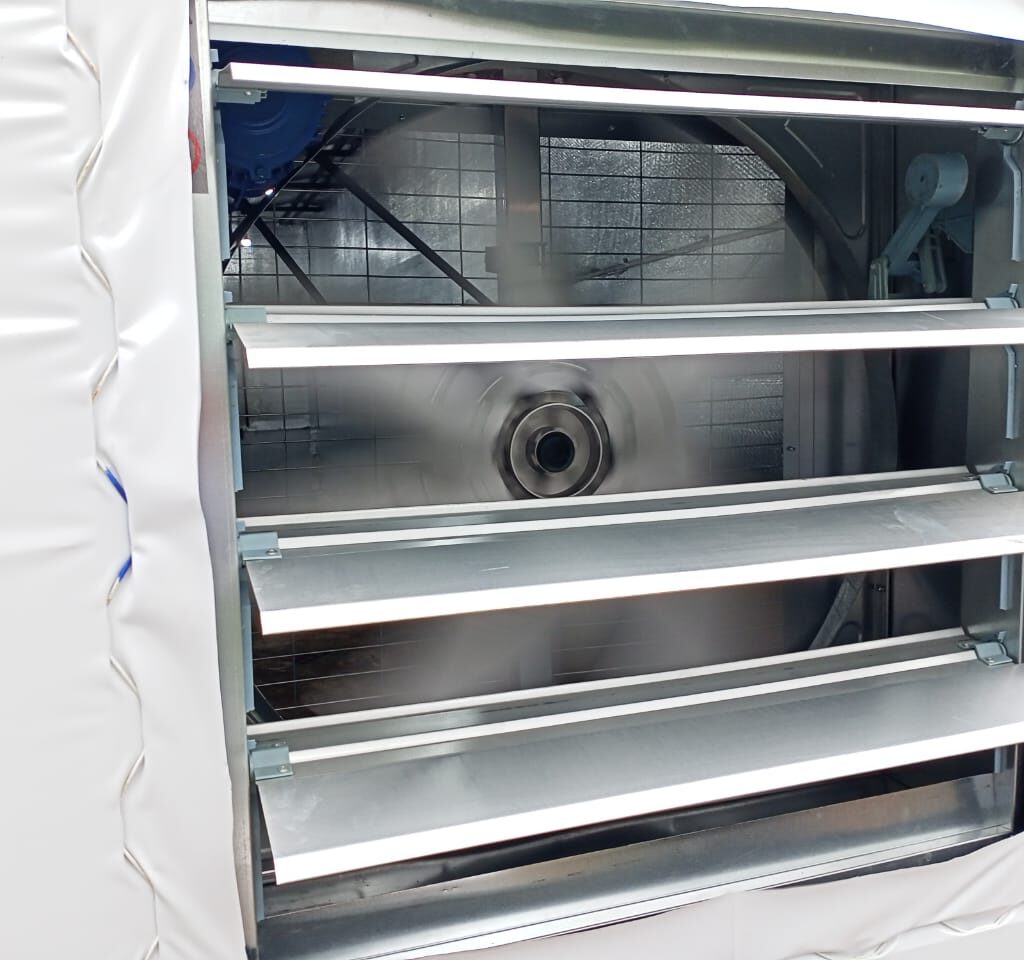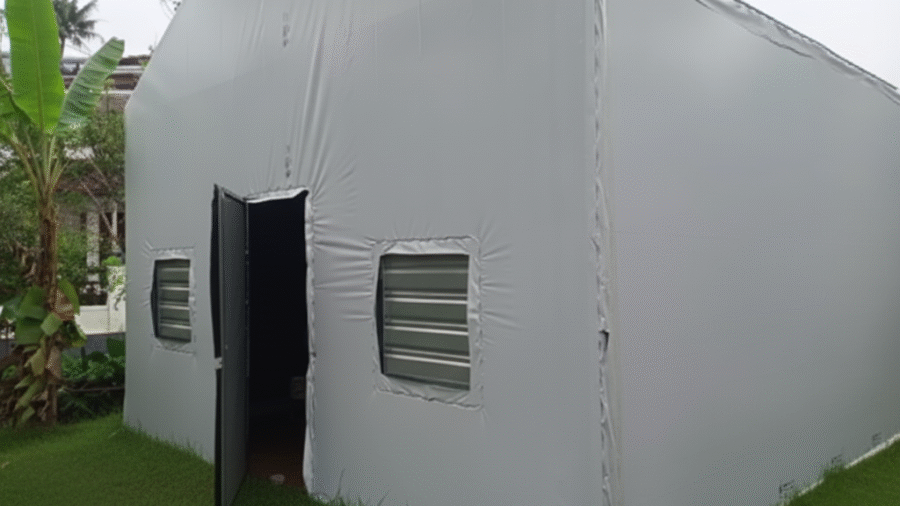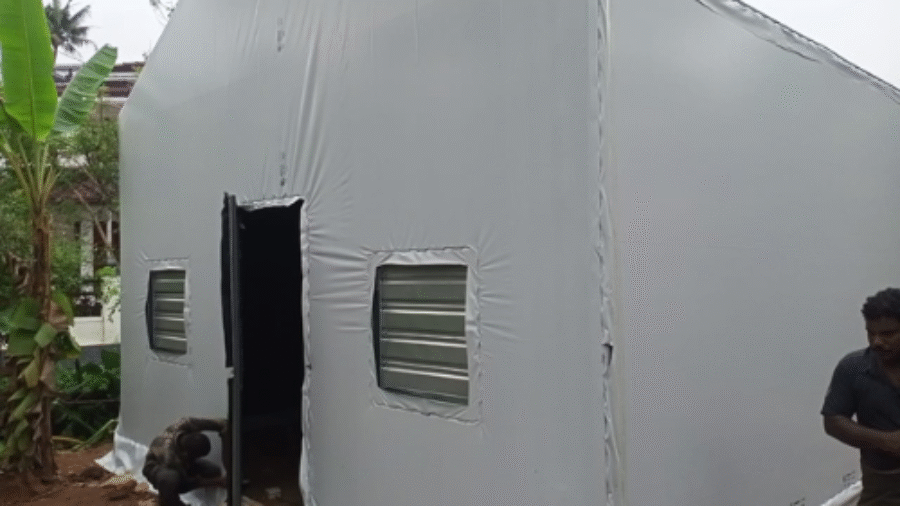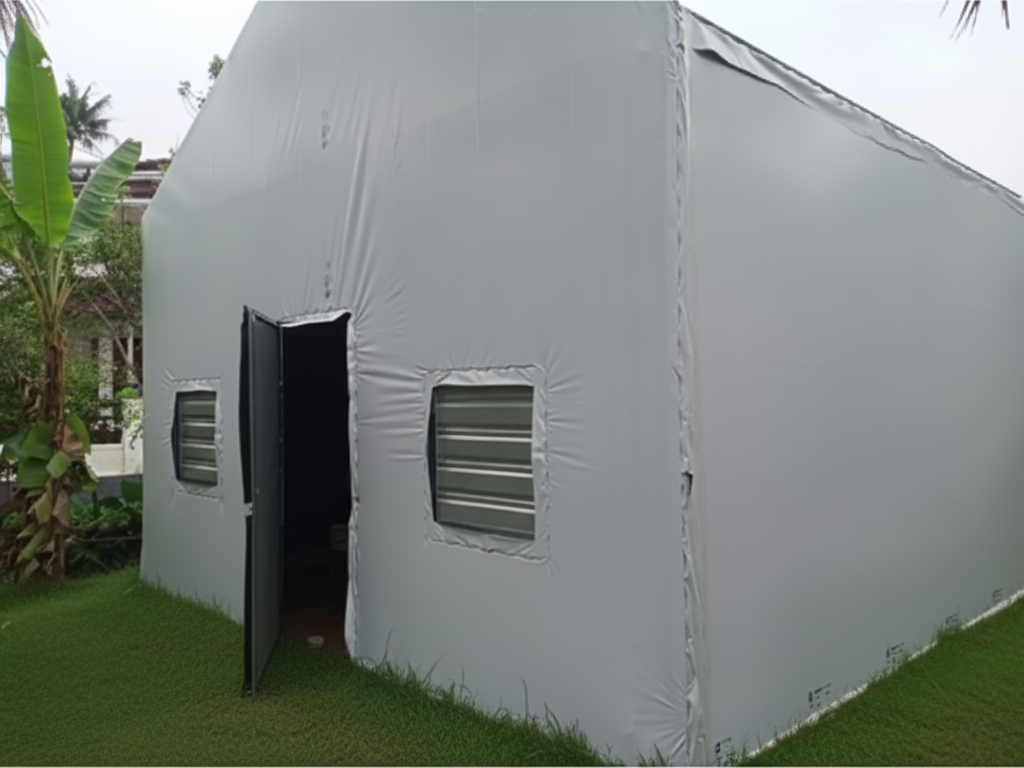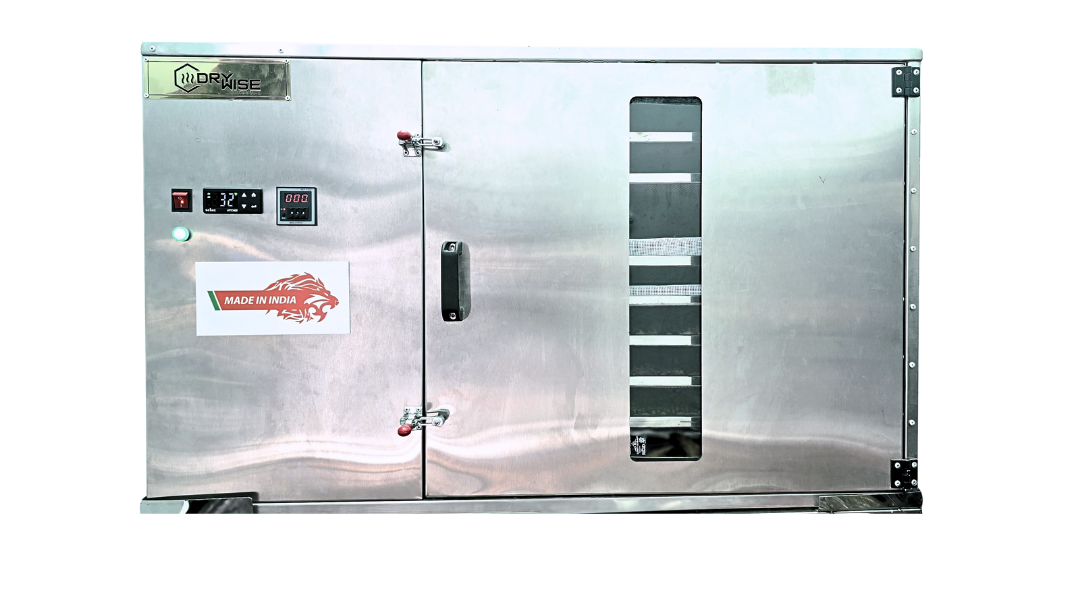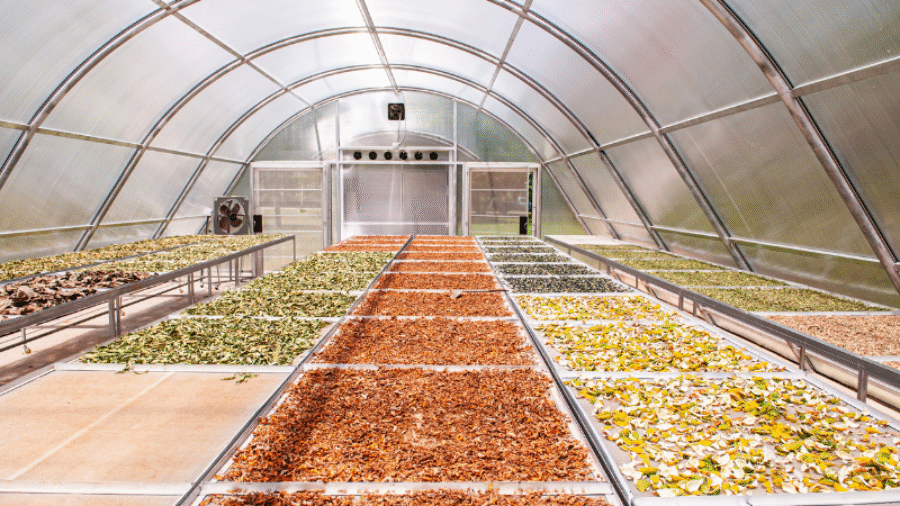Mushroom farming is a fascinating and rewarding agricultural process that converts organic waste materials into nutritious and valuable fungi. While the specific techniques vary depending on the mushroom species (e.g., Oyster, Shiitake, or Button), the core process generally involves six key steps. Understanding these steps is crucial for anyone interested in successful mushroom farming
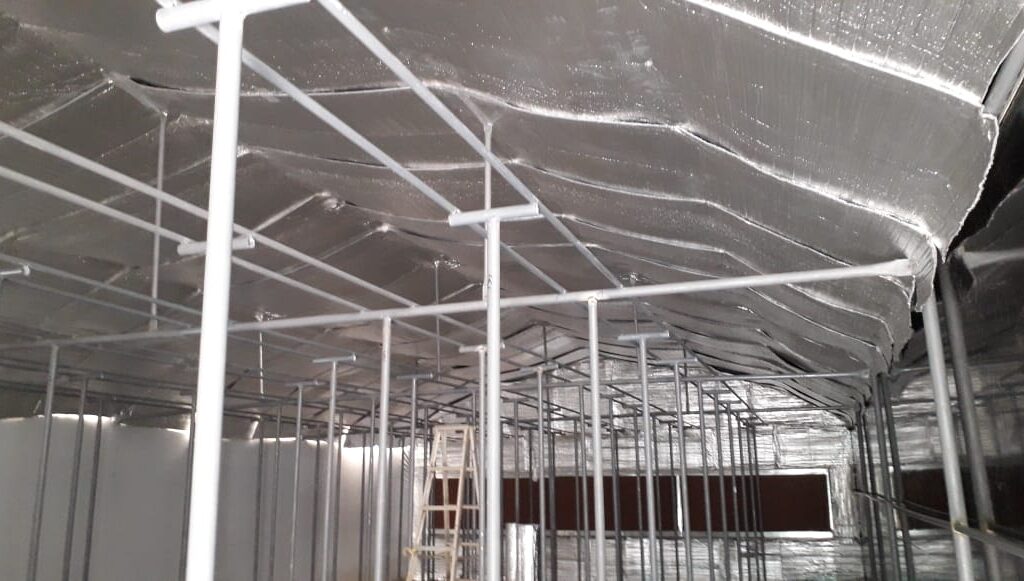
1. Substrate Preparation
The first and most critical step in mushroom farming is preparing the substrate, which is the nutrient-rich material mushrooms grow on. Common substrates include straw, wood chips, sawdust, or a mixture of composted materials (especially for Button mushrooms). Workers clean, mix, and hydrate the chosen material. Crucially, they must sterilize or pasteurize it (a form of heat treatment) to eliminate competitor molds, bacteria, and insects. If growers neglect this step, contaminants can easily overtake the mushroom crop.
2. Spawning
Spawning involves inoculating the prepared substrate with the spawn. It is essentially the “seed” of the mushroom—a carrier material (like grain) that the fungal mycelium (the vegetative part of the fungus) has colonized. Workers mix the spawn thoroughly into the cooled substrate. They often pack this mixture into bags, bottles, or trays, depending on the scale and method of mushroom farming.
3. Incubation (Mycelial Run)
During incubation, also known as the mycelial run, the substrate is kept in a dark room with controlled temperature and humidity. The mycelium grows rapidly, colonizing and binding the entire substrate mass. This stage can take anywhere from one week to several months, depending on the species. Complete colonization is essential before moving to the next phase of mushroom farming.
4. Fruiting (Pinning)
Once the mycelium has fully colonized the substrate, it needs specific environmental triggers to start forming mushrooms. This is called fruiting or pinning. The triggers usually involve a change in conditions, such as a drop in temperature, an increase in fresh air exchange, and a spike in humidity. Small mushroom initials, called pins, begin to form.
5. Harvesting
Harvesting occurs when the mushrooms reach their optimal size and development. Timing is critical to ensure the best flavor, texture, and shelf life. The mushrooms are picked gently by hand, often twisted or cut at the base. Before the caps fully flatten out and release their spores, growers typically obtain multiple harvests, called flushes, from a single substrate batch.
6. Post-Harvest Handling
The final step in successful mushroom farming is proper post-harvest handling. We quickly chill freshly picked mushrooms to extend their freshness. Workers must then sort, package, and efficiently transport them to market. Growers often repurpose the spent substrate, called spent mushroom compost, as a valuable soil amendment or compost, minimizing waste.
